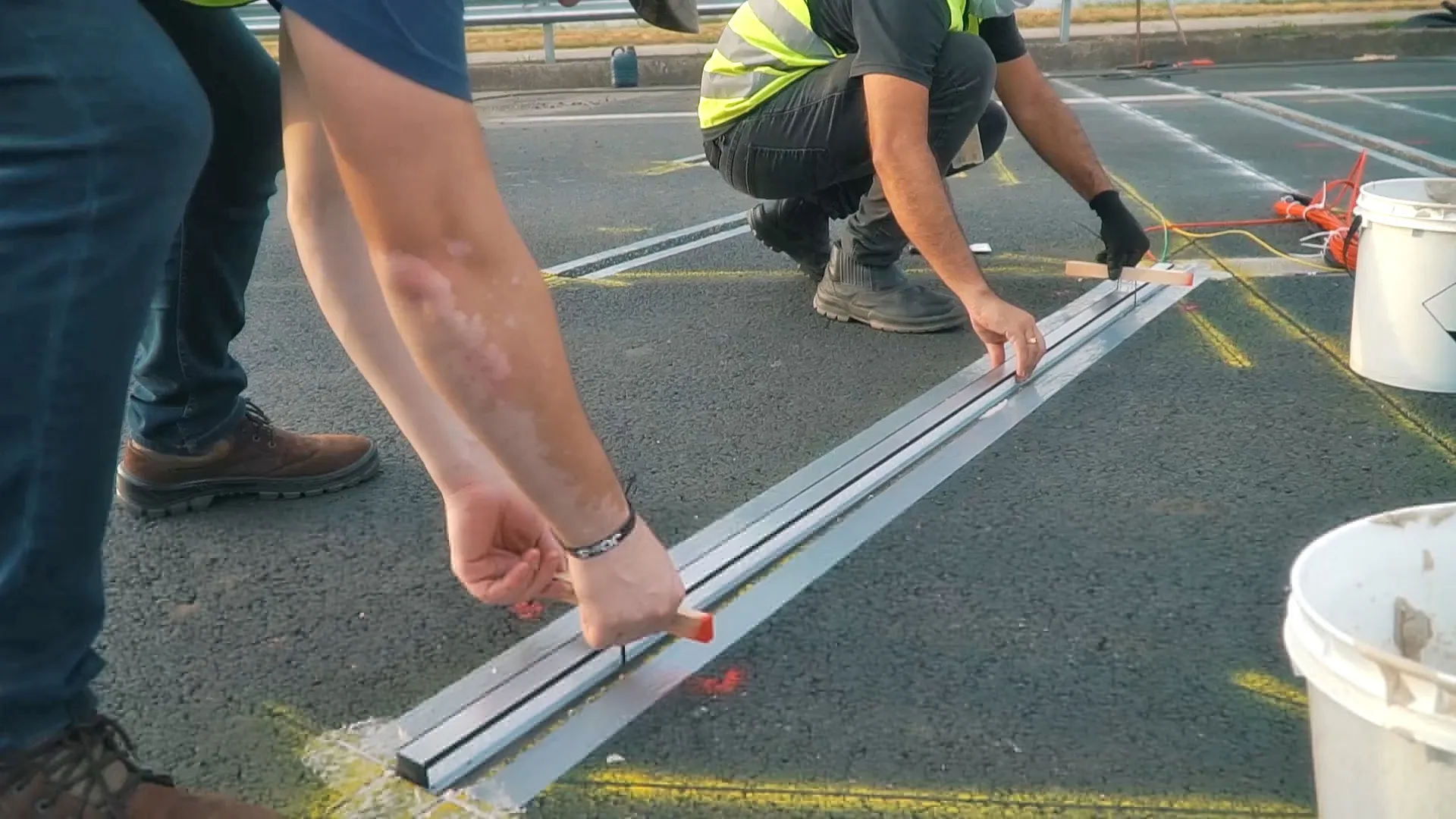UK local transport minister, Norman Baker has announced he will host the governments first ‘satnav summit’ early in March to thrash out solutions to end the misery caused when lorry and car drivers follow out of date directions from their satnavs. The minister wants highway authorities, mapping providers and satnav manufacturers to work more closely to ensure everything possible is done to make sure the right vehicles are on the right roads.
At present, it can take months for map updates to make their way from local councils to satnavs. As a result, thousands of drivers follow out-of-date maps, and local residents end up with inappropriate traffic on their doorsteps. Furthermore, some motorists do not update their satnav maps, either because they forget or are not aware they can do, which makes the problem even more serious.
The summit will take place in early March, a month before local authorities gain important new powers to decide how their roads appear on maps - helping them to better direct traffic.
“Out of date directions mean misdirected traffic – a scourge of local communities. It is vital highway authorities, mapping companies and satnav manufacturers work more closely together to provide drivers with accurate, up-to-date information on traffic restrictions such as narrow roads or low bridges. This will help prevent huge lorries from being sent down inappropriate roads and ensure motorists are given the best possible directions.”
The summit will be attended by the
Association of Directors of Environment, Economy, Planning and
Transportation (
Ministers are also tackling the misery caused by lorry drivers following satnavs down narrow and inappropriate roads as part of a package of new traffic signs rules. Under the new rules confirmed last month councils will no longer need central government approval to introduce certain new signs or some existing ones that they need to use on a regular basis – including one to warn lorry drivers of unsuitable roads.







